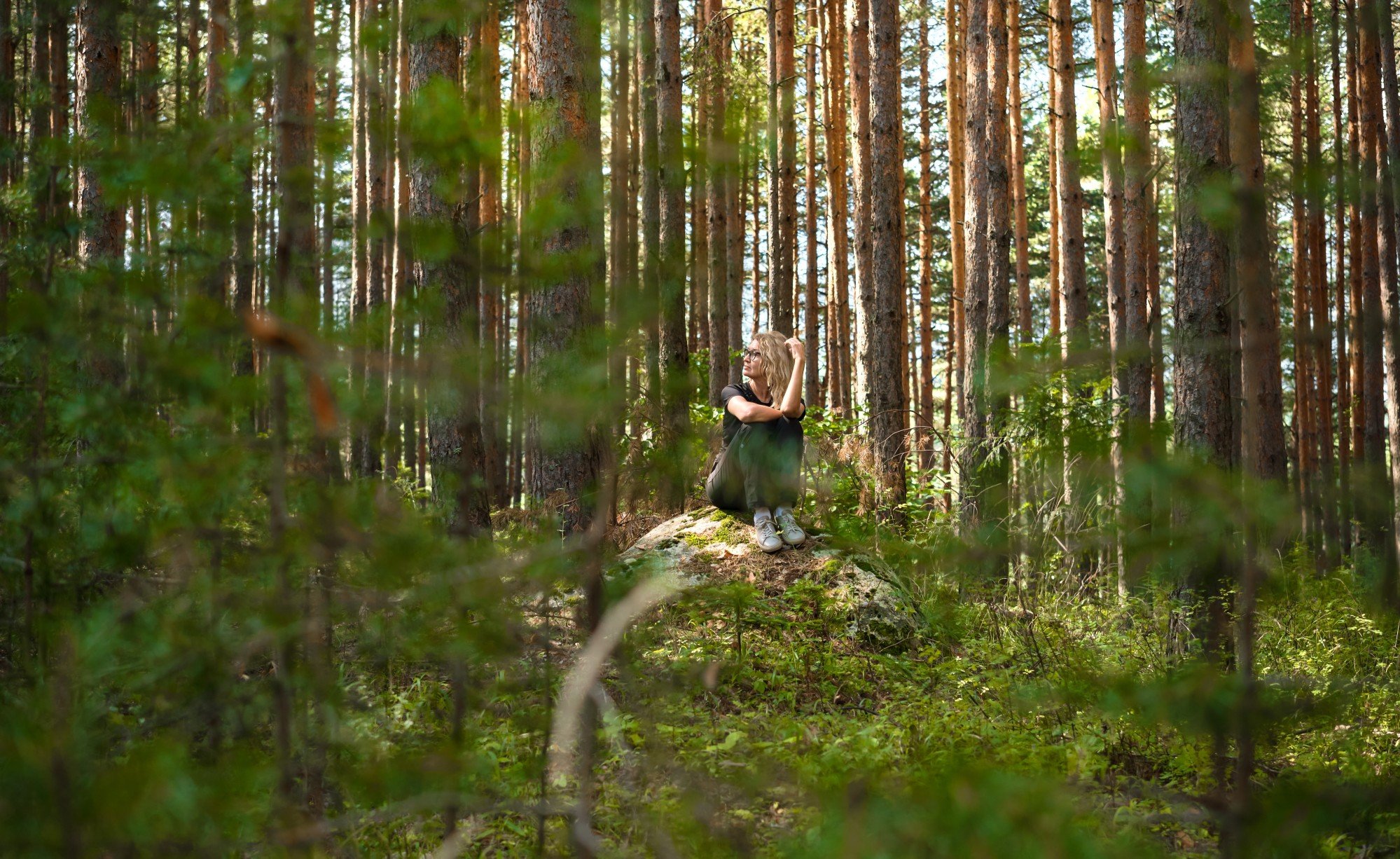How to prevent heart disease: health checks, stay active and do not smoke
How to prevent heart disease: health checks, stay active and do not smoke
Their lives are spent on the move looking for food; they can cover 20km (12.4 miles) during a hunt that could last eight hours. This is why researchers suggest an 80-year-old Tsimané has the physiology of a 50-year-old American.
The Tsimané people walk, run, ride bikes or row boats from one place to another up and down the river. They live in rural communities and do not watch television because they do not have electricity.
Not only are their hearts more healthy than those of people in Western countries, but researchers found that their brains are, too.
One measure of a healthy brain is brain volume; as we age, our brains tend to shrink. The decrease in the Tsimané’s brain volumes as they age is much, much lower than people who live in the West. This may explain why they have an 80 per cent lower incidence of dementia than people in the United States or Europe.

Among older Tsimané people, only about 1 per cent suffer from dementia. In the US, that figure is 11 per cent of people aged 65 and older. An obvious link that can be made is that what is good for the heart is good for the brain.
Their lifestyle has been described as pre-industrial. Other groups of people that benefited similarly from this lifestyle – who were more physically active, had a better diet and lived in communities – were the ancient Greeks and the Romans, who also, and not coincidentally, suffered less dementia than modern communities do.
5 Alzheimer’s experts’ advice on avoiding or delaying the disease
5 Alzheimer’s experts’ advice on avoiding or delaying the disease
There is little reference to memory loss in ancient texts. This is not because people did not live to a ripe old age – they did. The average lifespan in ancient Greece was about 70 years old and Hippocrates himself – the father of modern medicine – is believed to have lived into his 80s, possibly 90s.
Old texts describe plenty of the other ailments we associate with old age: loss of sight or hearing, becoming frail and less mobile. But not memory loss.
The Roman politician Cicero described the “four evils” of old age: we become less active, we grow weaker, old age deprives us of physical pleasures, and it’s not far from death. He does not mention memory loss.
It would definitely be considered among the evils – possibly the evil – of old age today. As Albert Hofman, chair of the department of epidemiology and professor of public health and clinical epidemiology at the Harvard University School of Public Health in Boston, Massachusetts, said to me, there have got to be better things to die from than dementia.
Even moderate alcohol consumption shrinks your brain, study suggests
Even moderate alcohol consumption shrinks your brain, study suggests
Dementia is currently the seventh biggest cause of death globally and the leading cause of death in the United Kingdom.
Better brain health in our later years “is now known to depend on heart health”, says the University of Southern California’s Professor Caleb Finch. He recently published a study that explored the low levels of dementia among ancient Greeks and Romans and found that lifestyle factors such as diet and exercise were key.
5 nutrients good for brain health that can delay dementia, or prevent it
5 nutrients good for brain health that can delay dementia, or prevent it
But the case of the Tsimané is a puzzling one, which does not fully explain why dementia is more prevalent in the US than for them.
They might walk 15,000 steps a day for farming and jungle foraging, and their diet is low fat, low sugar, low salt. But, Finch says, “the Tsimané have high life-long levels of systemic inflammation”.
Compared with other populations, the Tsimané have high levels of inflammatory markers in their blood – some 1.5 times higher than people in the US. One important biomarker for inflammation, C-reactive protein (CRP), was referred to as “chronically high”.

Why, then, might the Tsimané, despite the risks of a lifelong inflammatory process, be protected from the effects of inflammaging?

Phytochemicals that plants release to protect themselves against bacteria and insects might stimulate the immune system of humans that spend long periods in a forest – or jungle – environment.
Also, the Tsimané live in a natural environment as opposed to our increasingly sterile one, so perhaps their immune systems are in a sort of state of constant high alert, anticipating the need to fight against bacteria and parasites.
Whatever the explanation, the Tsimané’s low risk of brain and heart disease despite high levels of inflammation speaks to the power of lifestyle: we cannot all live in forests. Most of us do not have access to a life of farming and foraging even if the idea appeals.
But we can all eat better, engage with our community and move more.







